Note: This page was created using content published by Good Ventures and GiveWell, the organizations that created the Open Philanthropy Project, before this website was launched. Uses of “we” and “our” on this page may therefore refer to Good Ventures or GiveWell, but they still represent the work of the Open Philanthropy Project.
As part of our work on international labor mobility, in August 2015 the Open Philanthropy Project recommended a $30,000 grant to New York University to support the collection of baseline data for the study, “Estimating the Comprehensive Returns to Indian Migration to the United Arab Emirates.”
This study, led by Yaw Nyarko (New York University), Suresh Naidu (Columbia University), and Shing-Yi Wang (Wharton School of the University of Pennsylvania), is a randomized controlled trial (RCT) that will measure the impact of guest worker migration from India to the United Arab Emirates (UAE) on migrants’ well-being, migrants’ earnings, and other outcomes.1
The project is currently in the participant recruitment and baseline survey phase. To recruit the target study population (2,800 qualified workers), the researchers are partnering with a global recruiting firm that matches workers in India with construction companies in the United Arab Emirates. Due to visa quotas, there is a limit on how many of the study participants will be able to migrate. A very large number of qualified workers apply for the jobs but not all are able to go due to visa quantity restrictions. It is a natural process among the companies to select a larger number of qualified workers than they have permits (visas) to hire because normal attrition reduces the number of workers who eventually leave. This usual over-selection of workers is a formalized process that enables the researchers to conduct randomization among qualified workers.2
The study had budgeted about $30,000, from the authors’ limited discretionary research budgets, for its baseline survey. Because the costs of collecting baseline data in rural areas have been greater than anticipated, the study expended its budget of $30,000 on recruitment and surveying for only half of the planned study population in May-July 2015. The study now has a time-sensitive need for an additional $30,000 to conduct baseline data collection for the second half of the study population, which will be recruited beginning in August 2015. Without additional funding, the authors expect that they would be able to finish recruiting participants for the study, but that they would be unable to collect baseline data for the full sample.
The study’s baseline survey measures subjective happiness, subjective locus of control, and pattern recognition ability (using Raven’s Progressive Matrices, a common intelligence test), and gathers extensive family contact information that will be needed to follow up on various outcomes. In follow-up surveys, Nyarko, Naidu, and Wang plan to measure subjective well-being outcomes in depth, as well as to collect data on income and remittances. The study may also measure the effects of migration on migrants’ families’ well-being if it receives sufficient funding.
We believe that this grant fills a time-sensitive need for funds and may lead us to a better understanding of the effects of international labor migration. The grant allows Nyarko, Naidu, and Wang to complete the recruitment and baseline survey of their study population, without which the power of the study would be seriously reduced. As far as we are aware, this is the first large-scale RCT measuring outcomes of temporary international labor migration on well-being. We have previously seen three randomized controlled trials studying the outcomes of international migration. Only one trial (Stillman et al. 2012, Tongan migration to New Zealand, n=101 migrating households) measured subjective well-being, finding mixed results. Nyarko, Naidu, and Wang previously (2015) conducted a study of the impact of UAE labor reform on earnings and retention of incumbent migrants.
The researchers intend to preregister a brief pre-analysis plan for the study at the American Economic Association’s registry for randomized controlled trials. The authors also plan to share study data and statistical analysis code publicly after the studies are published.
In order to fund extensive follow-up data collection, Nyarko, Naidu, and Wang have applied for a 100K GBP (~$156K) grant from the International Growth Center (IGC), and expect to receive a response in mid-September. We plan to follow the progress of the study in the coming years to see whether it is preregistered, whether it raises sufficient funds to collect follow-up data, and to observe its results.
Read more:
Sources
| DOCUMENT | SOURCE |
|---|---|
| IGC Project Proposal | Source |
